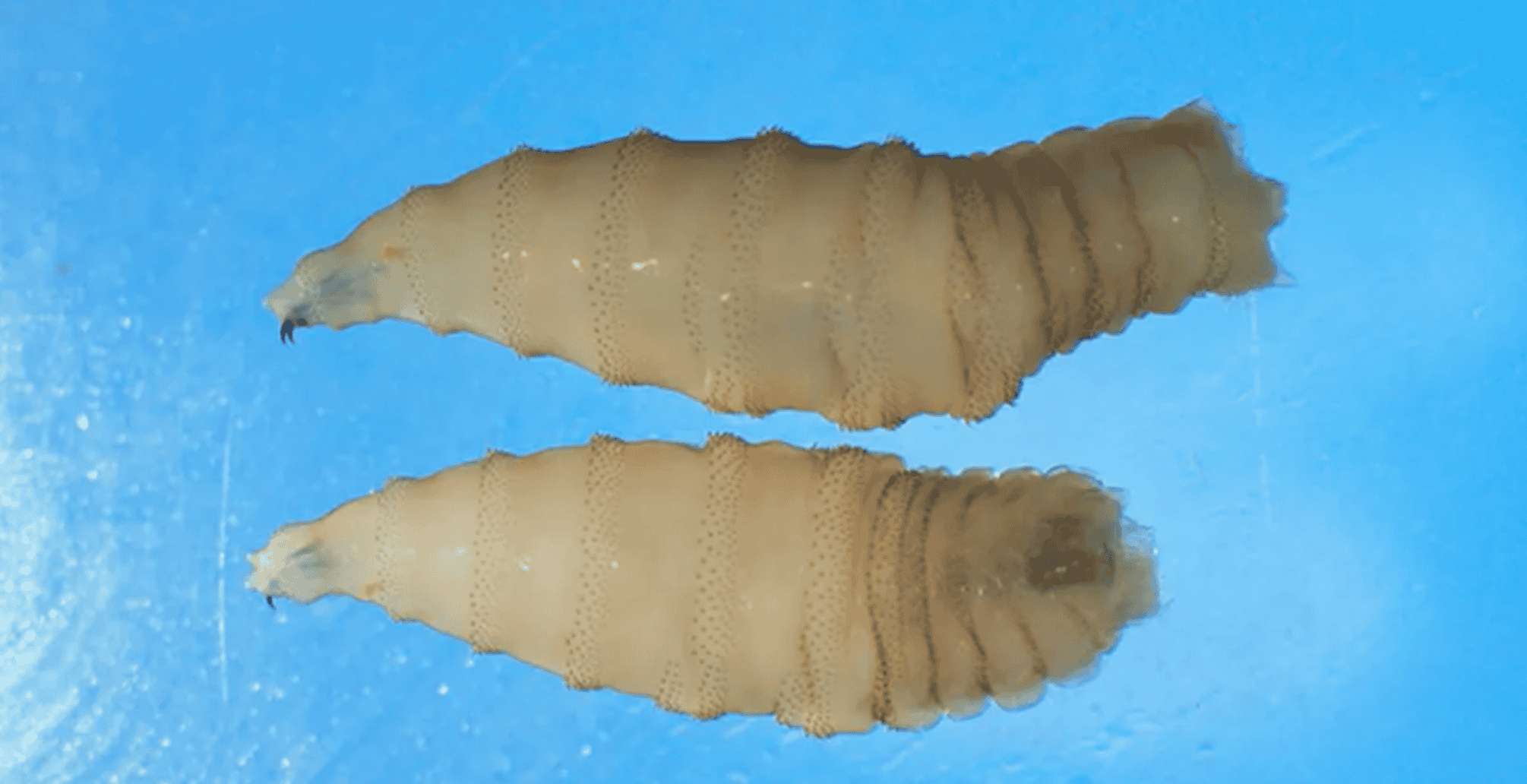
All about United States
The Wildlife Conservation Society (WCS) issued a statement warning about the return of the so-called New World screwworm (Cochliomyia hominivorax), a parasitic fly that can kill animals.
The animal was considered eradicated in Central America and the United States for more than 30 years, but, according to the organization, illegal cattle trafficking fueled the rapid resurgence of the parasite.
The first case in Mexican territory was confirmed on November 23, 2024. In response, the US Department of Agriculture temporarily suspended imports of live cattle from Mexico citing public health risks.

“The larvae that feed on the skin and underlying tissues of the host cause a condition known as traumatic or wound myiasis, which can be fatal,” according to the World Organization for Animal Health.
Wounds as small as a tick bite can attract a female fly to feed and lay eggs. A female can lay 200 to 300 eggs at a time and can lay up to 3,000 eggs during her lifespan of 10 to 30 days, according to the Centers for Disease Control and Prevention (CDC).
“By bypassing health controls, often with stressed, malnourished and injured animals, livestock smuggling creates ideal conditions for the cross-border transmission of diseases, including brucellosis, tuberculosis and parasites like screwworm,” said Jeremy Radachowsky, Regional Director of Wildlife Conservation Society for Mesoamerica.
Read more:
Illegal route
In the statement released at the end of last year, WCS explained that the illegal cattle trade follows cross-border routes starting in Nicaragua and passing through Honduras and Guatemala before entering Mexico and the USA.

The problem had already been spotted and documented by an InSight Crime journalistic team in 2022 in the report “Cash Cows – The Inner Workings of Cattle Trafficking from Central America to Mexico” (“Dairy cows – The inner workings of cattle trafficking from Central America to Mexico”, in the literal translation).
The entity defends emergency measures to avoid what it classified as “catastrophic economic losses”:
- Strengthen inspection at the main border crossings between Guatemala and Mexico, especially in Benemérito de las Américas and El Ceibo.
- Apply stricter regulations and penalties to curb illegal livestock movement.
- Increase collaboration between governments and stakeholders to dismantle illegal livestock routes and halt the spread of the parasite.


